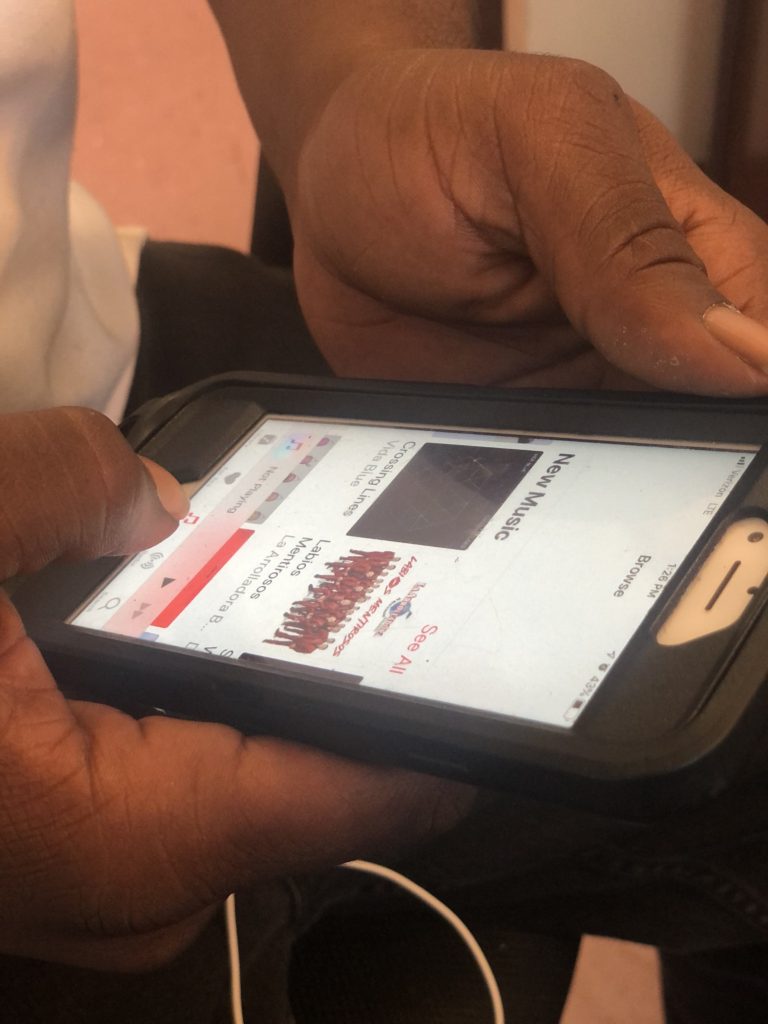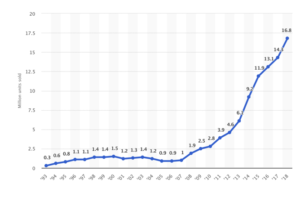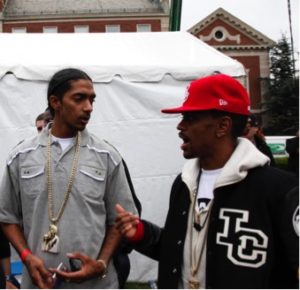
By Alexandra Banks
Have you ever been listening to a song from your favorite artist, and right when you’re starting to enjoy the song, it just…ends? Whether this song takes the form of an interlude or just a 90-second melodic experience, it seems as if artists are releasing teasers rather than full-length songs these days.
With the prevalence of texting, Tweeting and FaceTime now, some may say we have gotten accustomed to having nonstop, 24/7 access to the world in the palm of our hands. This era of immediacy and the constant influx of information readily available in 280 characters or less has made it harder to keep the average person’s attention. So are artists catering to the modern audience’s inability to stay focused or are songs simply getting shorter? To examine whether we’re asking for too much for 30 more seconds of our favorite songs, consider the history of song.
The first long-playing (LP) vinyl record was introduced to the public by RCA Victor in 1930, according to the Vinyl Revivers, a website for music enthusiasts. However, due to the Great Depression, it didn’t gain popularity until Columbia Records released a competing version in 1948. Distribution of vinyl music peaked in the late 1970s.
Vinyl permitted about 22 minutes of music per side, resulting in roughly 44-minute albums, which is a stark difference from the almost two-hour studio album “Indigo,” released by Chris Brown in 2019.
With the development of technology and electronic music, one might expect that songs would be getting longer, right? Wrong. According to a study done by data scientist Michael Tauberg, songs are actually becoming shorter, in part due to the economics of streaming.
Tauberg found that the average Billboard 100 song fell about 20 seconds in length from 2013 to 2018, to top out at about 3 minutes 30 seconds. This is because artists are eager to create more revenue by releasing a multitude of short songs rather than releasing an album of longer, or “full-length,” songs.
Streaming is now the predominant way musicians make money, and more songs means more streams. Since each stream generally earns the same amount of money, whether it’s 3 minutes or 6 minutes, there’s an incentive to create shorter songs to capture as many streams as possible, according to Quartz.com.
Whether this is another downfall of millennials and Generation Z or just the new era of music economics is debatable. But you’re not crazy — songs are getting shorter. This begs the question: Are artists willing to risk their fans’ listening pleasure for an extra buck?

